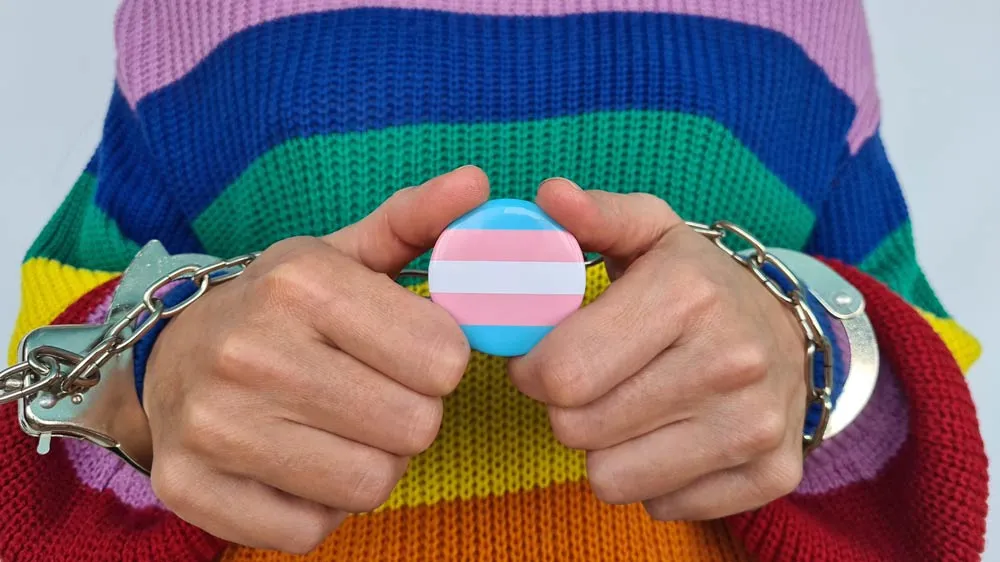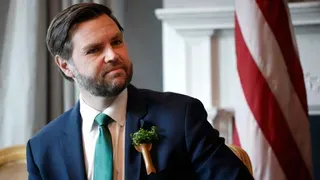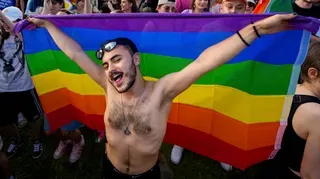September 24, 2010
Even Gay Parents Feel Pressure to Raise "Normal" Kids
Kevin Mark Kline READ TIME: 3 MIN.
Studies based on children reared by LGBT families reveal they are just as well-adjusted as their peers and classmates, raised by "straight" families. Some studies have even revealed that the children of LGBT families often exhibit stronger academic skills, and perhaps due to the accepting nature of their parents, often have less social problems.
However, a new article published in the journal Family Process examines the pressures of non-traditional parents to raise straight or "normal" children. To quote the article, "Within a heterosexist culture, all children experience pressure to comply with the demands of conventional gender and sexual norms."
"The underlying assumption of research on LGBTQ families has been premised on the idea that the children of gay and lesbian people will have unique challenges because of their parent's sexual orientation. LGBTQ people have had to establish that they are good parents by raising children who are heterosexual and gender-normative, i.e., not like them," said Arlene Istar Lev, a Family Therapist and Social Work professor with the State University of New York at Albany who wrote the article, "How Queer! - The Development of Gender Identity and Sexual Orientation in LGBTQ-Headed Families."
Despite growing awareness that sexuality is largely determined by genetics, not home environment making children "that way," the family unit is where children learn about gender identity and the roles they are expected to play based on birth gender. Therefore, it is interesting - and upsetting to note - that Freudian ideology creeps into modern psychology, and still stigmatizes gay families whose children may identify as not straight.
The article highlights the case of Luz and Susannah, an interracial lesbian couple who are described as being masculine and feminine, respectively. Their children have a parent who wears make-up and another parent who excels at carpentry and sports. In essence, traditional gender roles are fulfilled by the couple's personalities and identities.
This means the idea of a "female" and "male" parent is thus strangely - or perhaps we should say still strangely - absorbed into the fabric of a same sex-couple. The article mentions a lesbian who decided to transition to male after having had children with a female partner. His parents were pleased, rejoicing that at least the children would have a father in the house.
In terms of Luz and Susannah, their two older children - a boy and a girl - generally identify along traditional gender lines. However, their youngest son Kyle, who is about to enter school, prefers girls' games and toys to boys,' eschews sports with his older brother and loathes having to identify as a boy. Luz' father is not happy with the sissy behavior Kyle exudes, which reinforces the idea that LGBT couples are expected to raise "normal kids."
As Kyle is entering school the couple elected to take him to therapy. Like straight couples that have produced a tomboy or an effeminate son they wanted to know if it was something they did.
This is really quite a paradox. Shouldn't gay families raise their children to be whom they wish to be? Were they not stigmatized as children on the schoolyard, as well?
References cited in the article point out that in terms of gay fathers 10 percent of their sons identify as gay, and 16 percent of daughters raised by lesbian mothers identify as lesbian. Straight parents, after all, raise gay children and if one out of every 10 males supposedly identify as gay the number is not far off from Lev's findings.
However, perhaps the most interesting thing about the article is that these questions even persist within the home of Luz and Susannah - and other LGBT families. The couple raise their children in what is described as a comfortable environment in a liberal city.
In the end, after their youngest is discovered trying to cut off his penis in the bathroom, they decide to have a talk with the school he will soon attend so that Kyle can attend school as Kylia.
His older brother, seems to echo the well-rounded educational and societal outlooks that most research has discovered in the children of non-traditional couples. After his younger brother's attempt to harm himself he said to his parents, "You can't make him suffer this way."
For more information please visit, Onlinelibrary.wiley.com







